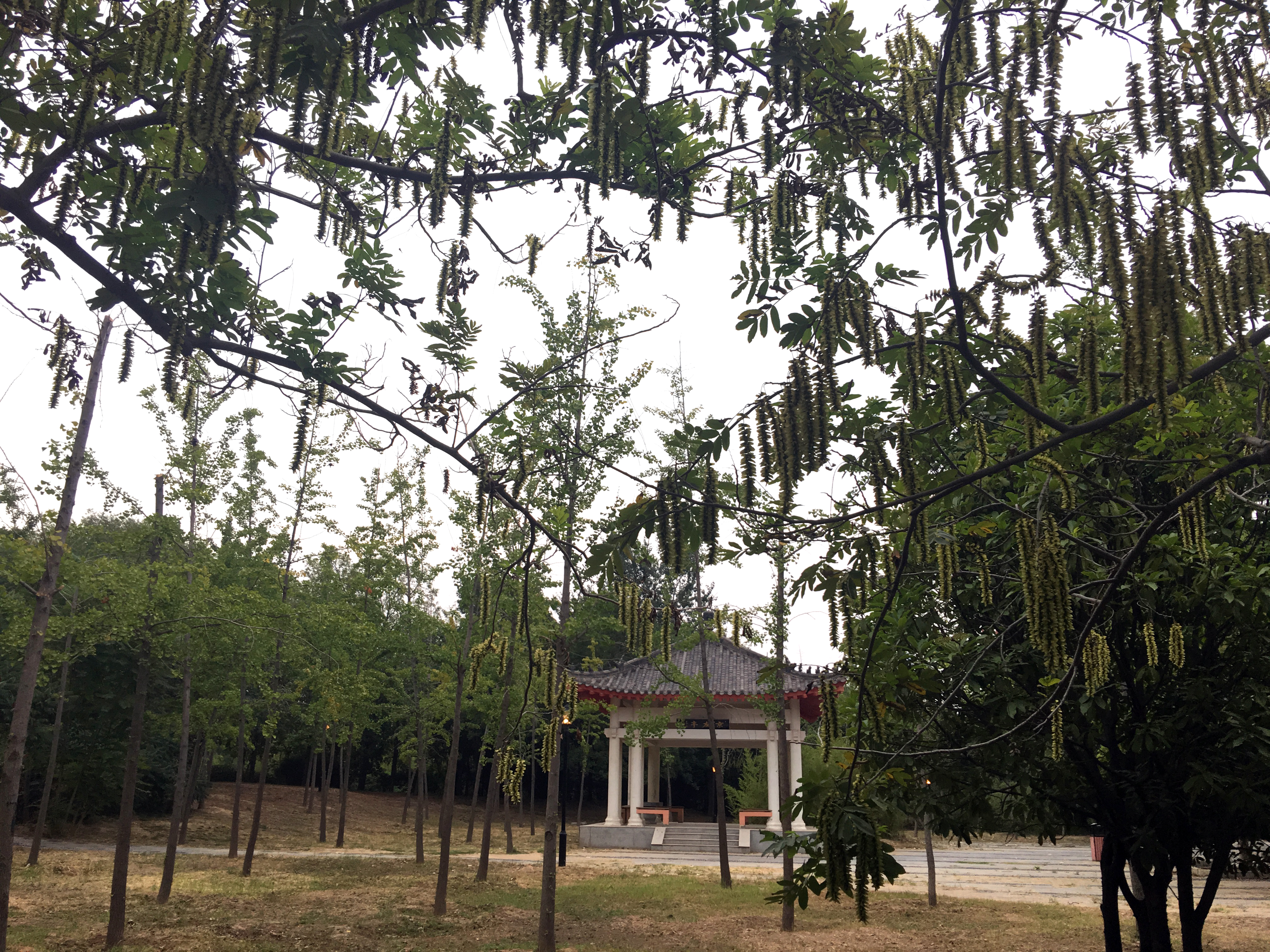Managing frustrations
It’s been a week since we finished the interviews. I am at Henan University working on transcribing the interview recordings. There are about 40 hours of recordings to be transcribed, and it takes six-to-seven hours to transcribe each one. I hired two local students to help with the project. I am also working with a professor in the Department of Economics and Management of Education at Henan University. It’s been very helpful to get her perspective on the project that I am working on. Meanwhile, talking to her about my own dissertation research in Mandarin has been a learning experience itself. I realized that I actually did not have the language capital in Mandarin in my research area since I’ve received all my graduate training at an American institution. On the other hand, observing the professor’s interactions with her graduate students is very interesting. I’ve been away from a Chinese institution long enough to forget about how the hierarchy and traditional respect for authority works. One of the professor’s graduate students went into the field with me to help with the interviews. I could obviously feel that she was being overly respectful and polite, that she always offered to carry my water bottle, my bags, etc. I guess she must think that since I am a doctoral student and she is a master’s student, I should be slightly superior to her. I keep telling her that even though I am paying her stipend, she doesn’t need to act like my personal assistant. I just need her to do quality work. I don’t think she understood what I meant.
Like I shared in the earlier blogs, this internship has been filled with changes, and it didn’t go anyway like how it was planned. I have to be flexible and constantly adjust to the changes in locations, schedule and people I am working with. The other thing is that I am leading a research team of two field research assistants; it’s not necessarily a leadership position, but it’s a position that requires me to make decisions on the research agenda, manage daily schedules and prioritize and distribute tasks to my research assistants. This is new to me. When I am preoccupied with research tasks and trying to find and schedule the teacher interviewees, I tend to work on a really fast pace, and I expect my team members to do the same. And I learned that it doesn’t work that way. It frustrates me when my team members don’t deliver the quality work I expect. I also had to remind myself that the fact that I am working until 2 a.m. doesn’t mean that I can expect others to do the same. Another thing is that I had forgotten everybody here in China takes a nap in the summer. Public organizations like schools, government institutions, banks, hospitals are closed between noon to 3 p.m. in the summer so that their employees can have nap time. This drives me crazy! When my research assistant told me that she doesn’t have enough time to enter the survey data during the day because she needs to take a nap (and her nap usually lasts 2-3 hours!), I was speechless but I also couldn’t just tell her that she can’t get a nap!
On the other hand, this experience has given me a different perspective to think about how I work with my supervisor back at FSU. I am able to better understand my supervisor’s expectations when he/she asks me to work on a task or project. I think I will be a better team member when I get back.
—Min Wang
Kaifeng, Henan, China


